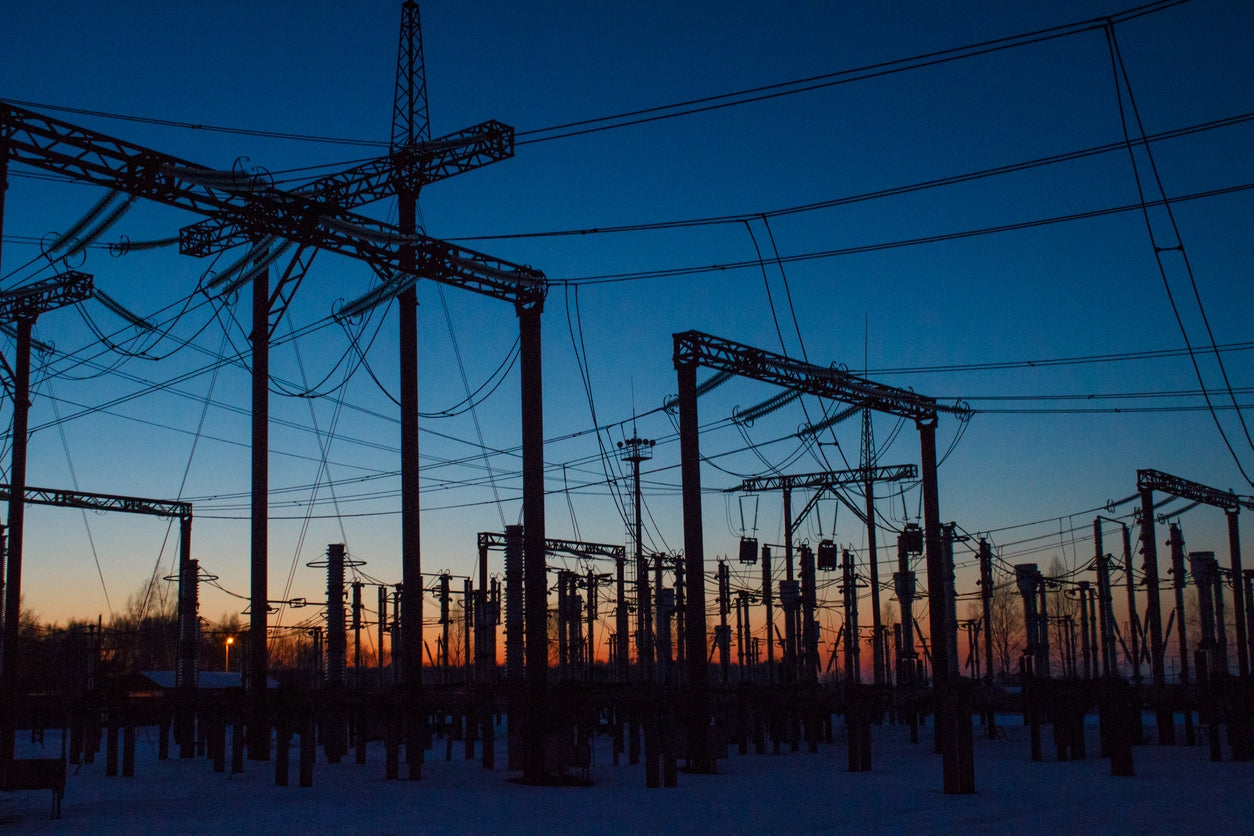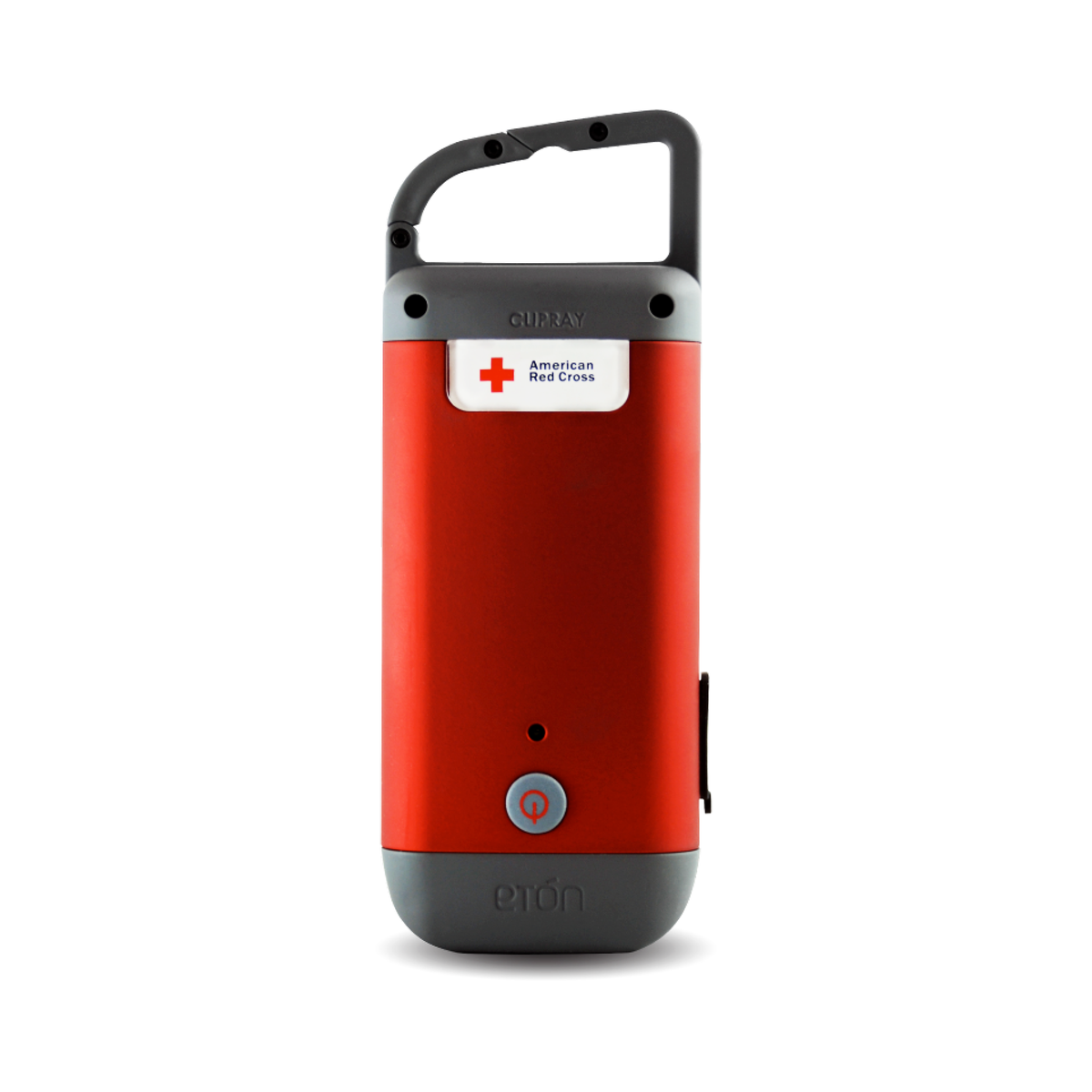Introduction
In the aftermath of a powerful overnight storm, Georgia wakes up to an unfortunate reality - more than 300,000 customers are left without electricity. The unexpected ferocity of the storm has wreaked havoc on power infrastructure across the state, leaving homes, businesses, and essential services grappling with darkness. This article delves into the profound impact of the overnight storms in Georgia, sheds light on the efforts of power companies in restoration, and explores the resilience and solidarity of communities during times of crisis.
Understanding the Impact
The scope of the storm's devastation is extensive, affecting numerous regions and cities in Georgia. From Atlanta to Savannah, households and establishments are plunged into darkness, facing uncertainty and challenges. The loss of power disrupts daily life, rendering electronic devices useless, and poses safety concerns in navigating unlit surroundings. As the scale of the power outage becomes evident, communities and power companies work together to assess the damage and respond efficiently.
The Role of Power Companies
As the primary guardians of electricity supply, power companies play a pivotal role in addressing the aftermath of storms. These companies are well-prepared for such natural disasters, with contingency plans in place. They swiftly mobilize their teams, equipped with the necessary tools and expertise, to begin restoration efforts. Additionally, effective customer communication during the outage is crucial, providing updates and estimated timeframes for power restoration.
Emergency Response Measures
In the immediate aftermath of the storm, power companies prioritize their response to critical facilities, such as hospitals and emergency services, ensuring they receive power first. Vulnerable customers, such as the elderly and individuals with medical needs, also receive special attention. Coordinated efforts with local authorities enable a smooth response, as information flows seamlessly between power companies and emergency services.
Power Restoration Process
Restoring power to thousands of customers is a complex process that involves multiple steps. Crews work tirelessly to repair damaged power lines, substations, and transformers. As the process unfolds, power companies provide regular updates to keep customers informed about the progress. However, the restoration timeframe varies depending on the extent of damage, accessibility to affected areas, and the number of downed power lines.
Customer Safety during Power Outages
In times of power outages, ensuring customer safety becomes paramount. Customers are advised to stay away from downed power lines and electrical equipment, as they may pose significant risks. It is crucial to use alternative light sources safely and to avoid operating generators indoors to prevent carbon monoxide poisoning. Staying informed about updates and warnings from power companies and local authorities is essential for making informed decisions.
Community Support and Assistance
Despite the challenges brought forth by the storm, communities rally together to provide support and assistance. Volunteers extend helping hands to aid those affected, offering food, shelter, and emotional support. Shelters are set up to accommodate individuals displaced by the power outage. The collective spirit shines through as neighbors support one another, exemplifying the strength of human connections during trying times.
Lessons Learned and Future Preparedness
In the aftermath of the storms, it becomes crucial to analyze the response and recovery efforts. Identifying areas for improvement allows power companies and authorities to refine their disaster response plans. Individuals and communities are also encouraged to embrace disaster preparedness measures, which can make a significant difference in minimizing the impact of future storms.
The Economic Impact
The economic consequences of the power outage are far-reaching. Businesses in the affected regions experience interruptions in operations, leading to potential revenue losses. Property damage may also require insurance considerations for affected individuals and businesses. The significance of a stable and resilient power grid becomes evident as communities work towards restoring normalcy.
Weather Forecasting and Preparedness
Weather forecasting plays a vital role in predicting and preparing for severe storms. Meteorologists work hand-in-hand with emergency services to provide early warnings, allowing communities to take necessary precautions. Preparedness measures, such as creating emergency kits and evacuation plans, can significantly enhance resilience during severe weather events.
Renewable Energy and Resilience
Amidst the challenges of power outages, the role of renewable energy sources gains prominence. Harnessing solar and wind power can contribute to a more resilient power grid. Investment in renewable energy technologies and infrastructure can help create a more sustainable and self-sufficient energy ecosystem, capable of withstanding storms and other disruptions.
Public Response and Support
In the face of adversity, heartwarming stories of public response and support emerge. Communities come together to provide aid and comfort to those in need. Social media platforms serve as powerful tools for spreading awareness and mobilizing assistance. The strength of social networks shines as they unite people in their efforts to help fellow Georgians recover.
Conclusion
The overnight storms in Georgia have left an indelible mark on the state, affecting over 300,000 customers with power outages. In this time of crisis, power companies, communities, and individuals unite to address the aftermath and support one another. The lessons learned from this experience underscore the importance of preparedness, collaboration, and resilience in the face of natural disasters. Together, Georgians are building a stronger and more connected community that can weather any storm that comes their way.


